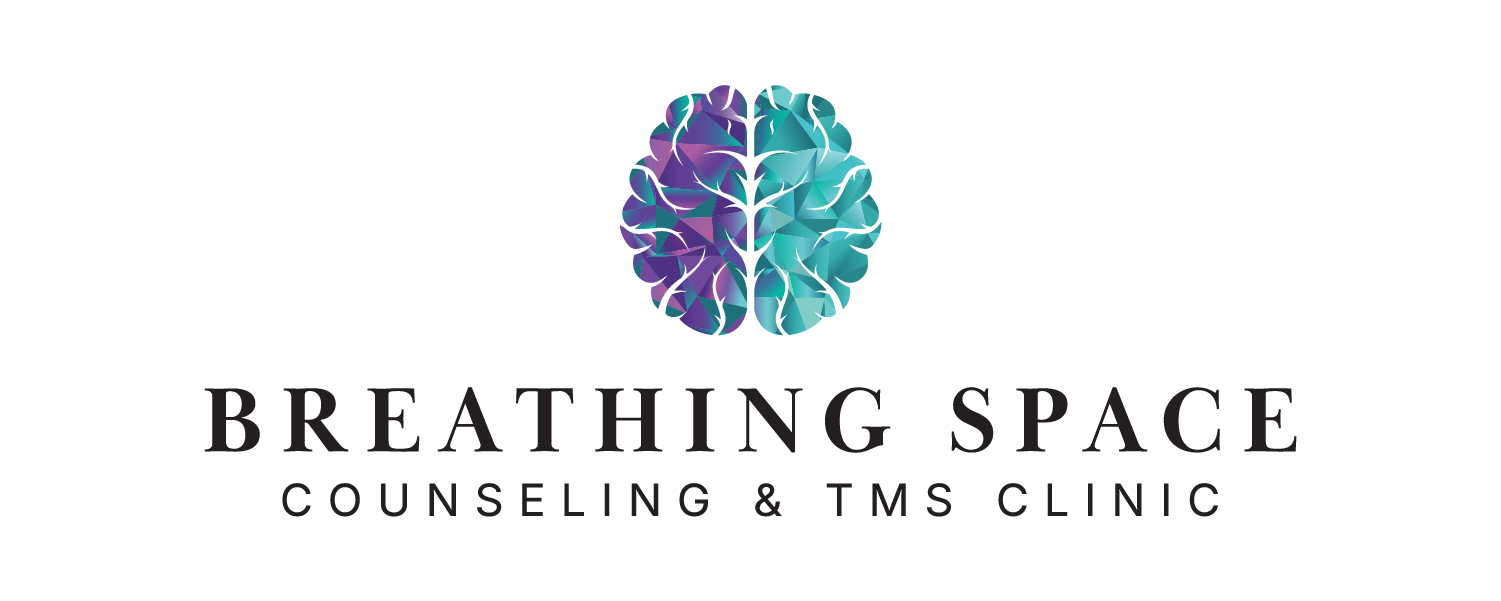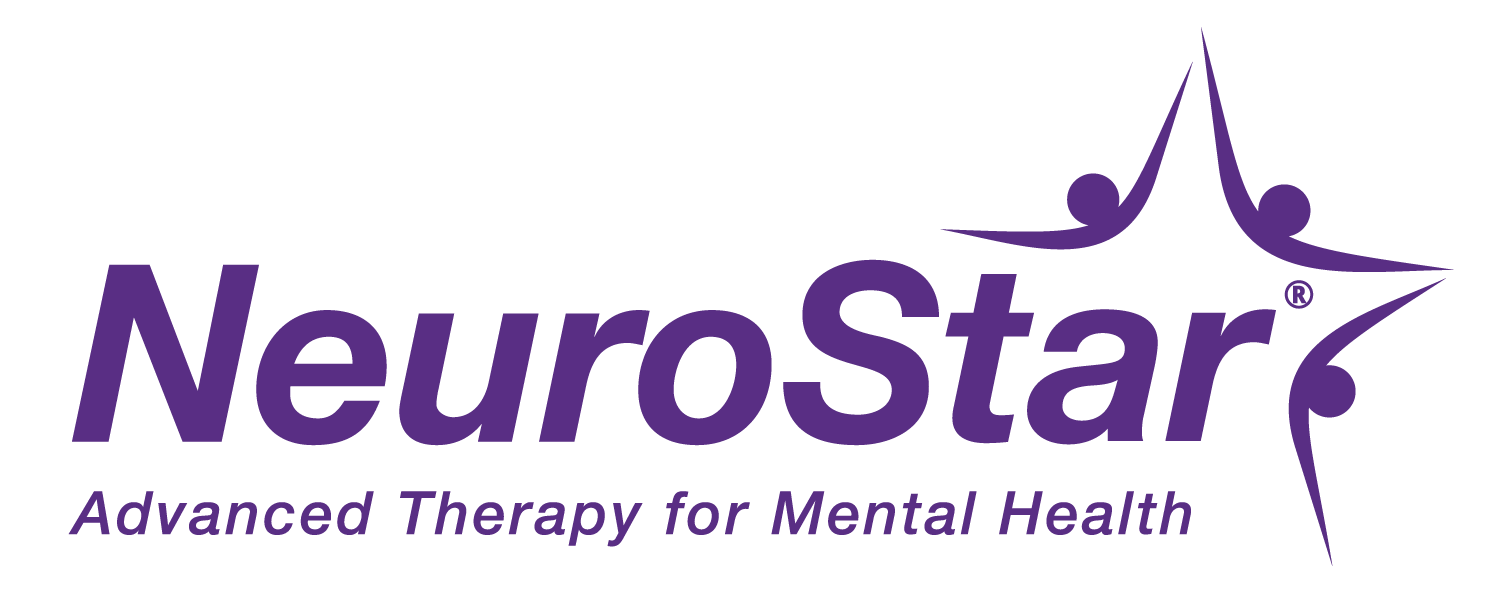Recognizing the Mental Health Challenges
First responders, including paramedics, firefighters, and police officers, routinely encounter situations that most people can scarcely imagine. Whether they are rushing into burning buildings, responding to violent crimes, or attending to catastrophic accidents, these professionals are frequently exposed to intense and often traumatic experiences that can profoundly impact their mental health.
The cumulative stress from repeatedly facing life-and-death circumstances, witnessing severe injuries, and sometimes experiencing threats to their own safety can lead to a range of emotional and psychological difficulties. Despite rigorous training and a strong commitment to their roles, the human psyche can only endure so much before the toll becomes evident. Regular exposure to such distressing scenes can result in mental health challenges for first responders, which include not only acute stress reactions but also longer-term conditions like anxiety, depression, and PTSD symptoms.
Statistics underscore the gravity of these mental health challenges. Studies have shown that first responders are significantly more likely to suffer from mental health disorders compared to the general population. For example, research indicates that approximately 30% of first responders develop behavioral health conditions, including depression and PTSD, in contrast to 20% in the broader population.
In another alarming statistic, police officers are reported to be at risk of suicide at a rate that is four times higher than the national average, highlighting the dire need for effective mental health support within these communities. Firefighters, too, face a high prevalence of PTSD, with one study revealing that 18% to 22% of firefighters experience symptoms severe enough to interfere with their regular activities.
Supporting First Responder Wellness
Achieving first responder wellness requires a multi-faceted approach to address the diverse and complex mental health challenges these heroes face.
Counseling, as a cornerstone of mental health treatment, offers various techniques tailored to individual needs. Cognitive Behavioral Therapy (CBT), for instance, is often highly effective for PTSD and anxiety disorders. This therapy focuses on identifying and challenging negative thought patterns, facilitating changes in behavior, and improving emotional regulation. Another valuable modality is Eye Movement Desensitization and Reprocessing (EMDR), which has been particularly beneficial for trauma-related conditions. Through EMDR, individuals can reprocess traumatic memories, reducing their emotional impact.
Innovative treatments have revolutionized access to care, particularly through options like Telehealth care for first responders and Transcranial Magnetic Stimulation (TMS). Telehealth services can significantly increase accessibility to mental health care, enabling first responders to receive therapy without the need to travel, thereby accommodating their unpredictable schedules. This method is invaluable, especially for those in rural or underserved areas.
On the other hand, TMS stands out as an advanced therapeutic option for treatment-resistant depression and other mental health conditions. By using magnetic fields to stimulate specific areas of the brain, TMS offers an effective, non-invasive alternative for individuals who haven’t seen improvements with other treatments.
Addressing Addiction and PTSD
Addiction and PTSD are two significant mental health challenges that frequently intersect for first responders. The nature of their work means that first responders often turn to substances as a coping mechanism for the overwhelming stress and trauma they encounter.
This pattern of behavior is not uncommon; alcohol and drugs can momentarily numb the intense emotions and intrusive memories, offering temporary relief. However, this reliance can swiftly spiral into addiction, creating an additional layer of complexity to their mental health struggles.
The relationship between addiction and PTSD is intricate, as the presence of one can intensify the symptoms of the other. For instance, PTSD symptoms such as flashbacks, hypervigilance, and severe anxiety can drive individuals to self-medicate, exacerbating addiction. Conversely, addiction can impair cognitive and emotional processing, making it harder to engage in effective PTSD treatment programs. It's a vicious cycle where each condition feeds the other, complicating the path to recovery. Given these unique challenges, addiction treatment for first responders must be carefully designed to address the co-occurrence of these issues.
One of the key factors contributing to the high prevalence of these co-occurring disorders among first responders is the underreporting and stigma associated with seeking mental health treatment. There's often an internalized expectation to appear strong and resilient, dissuading many from admitting they need help.
This cultural stigma can be a significant barrier, preventing first responders from accessing timely and necessary treatment. Understanding this, specialized addiction treatment for first responders must include elements that mitigate stigma, creating a supportive and confidential environment that encourages open discussion and engagement.


